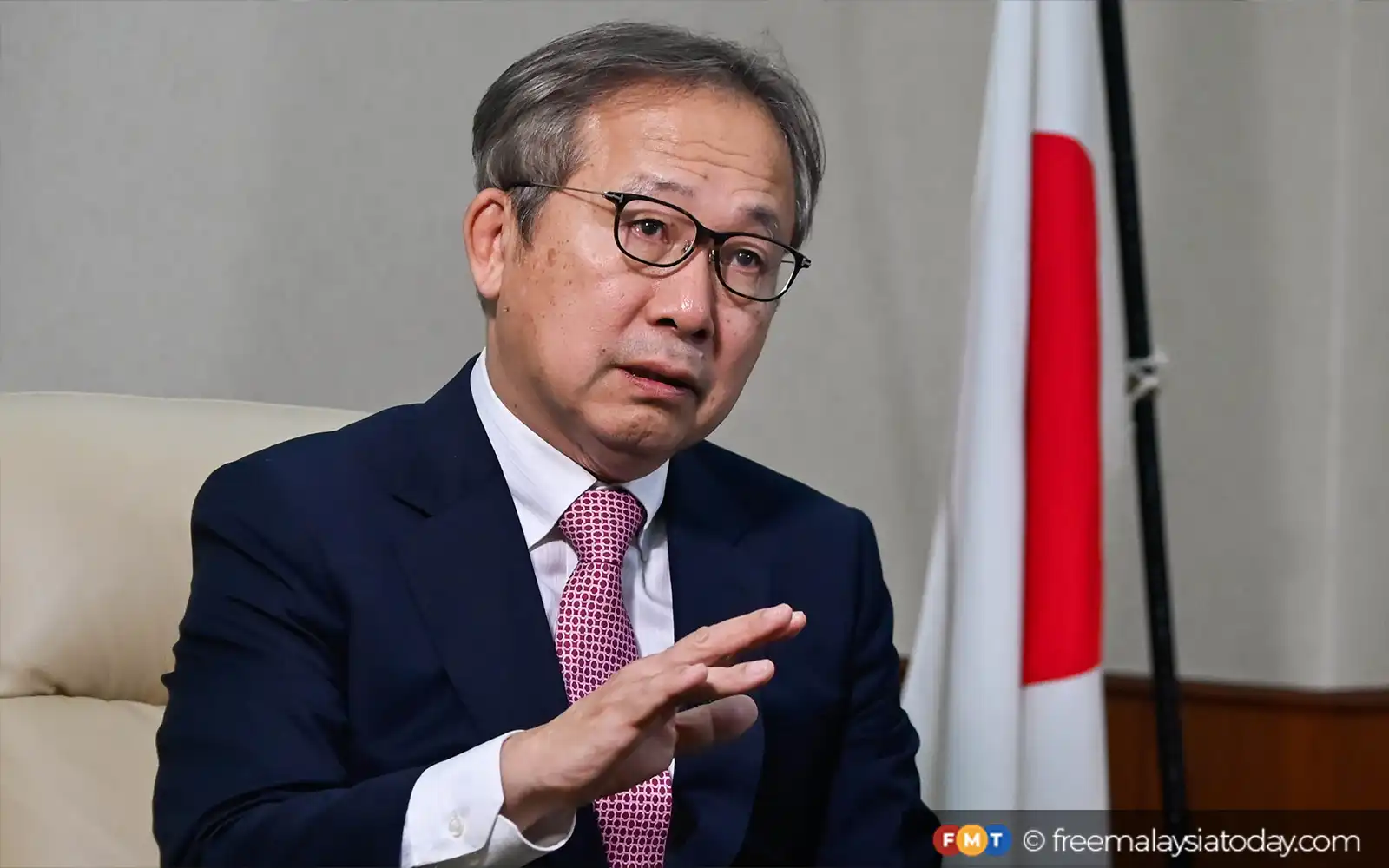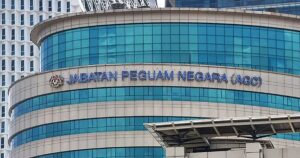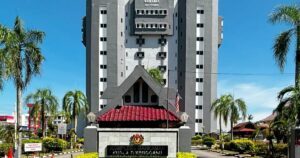
With new Japanese prime minister Shigeru Ishiba at the helm, accelerating sustainable development and enhancing energy security will be on top of the list of priorities for the Asia Zero Emission Community (Azec) this year.
Japan, which leads the 11-nation group across the Asia-Pacific, also plans to promote regional cooperation in efforts to achieve carbon neutrality and net zero emissions, according to Azec ambassador Takio Yamada.
In an interview with FMT, Yamada said Japan is eager to assist Asean countries in reaching three key objectives, namely economic development, energy security, and reduction of greenhouse gas emissions.
However, he said, there is a need to tailor approaches to suit the unique conditions in each member country to effectively meet these goals.
For instance, Yamada said, given that some Asian countries need to develop further, they could not afford to compromise their growth opportunities while implementing measures to maintain energy security.
To achieve the goal of reducing greenhouse gas emissions without hurting growth prospects, he suggested that Azec member countries should consider options such as hydrogen, ammonia, biomass and carbon capture apart from traditional renewables like wind and solar.
“We are also looking to promote cooperation in developing and enhancing renewable energy use in priority sectors such as transportation and industry,” he said.
Yamada also underscored the need for clear regulations and cooperative frameworks to enhance collaboration between Japan and Asean countries.
“For example, we used to have a system to exchange carbon credits with Malaysia. We have not signed the memorandum of cooperation with Malaysia yet, and that’s ‘a big pity’,” he said.
Yamada also singled out best practices in other regions that Asian countries could adopt to facilitate energy security and sustainable growth.
“In Europe, they are discussing ways to measure, report, and verify the level of the carbon reduction in the whole process of manufacturing.”
Several European nations are advancing their carbon accounting systems, especially in response to the EU’s ambitious climate targets, like achieving carbon neutrality by 2050.
Carbon accounting provides a measurable way to track greenhouse gas emissions, helping businesses and governments to reduce their environmental impact and meet climate objectives.
“We need a rule and methodology, and we are very happy to discuss those rules and methodologies within the framework of Azec,” Yamada said.
Lending a hand
Yamada said Japan is committed to help Malaysia become Asean’s energy hub and to this end, it is offering its assistance in ongoing projects such as the Asean Power Grid. The grid is a project to integrate power infrastructure across the region.
He said Malaysia’s central location in Southeast Asia makes the country a crucial component for the success of the Asean Power Grid.
“Japanese companies in Malaysia are very positive about boosting cooperation under the Azec framework,” he said.
“There are many areas where Japan and Malaysia can collaborate, such as developing Malaysia’s green energy supply, carbon capture usage and storage (CCUS), biomass and renewables.”
“Malaysia’s Asean chairmanship is a good opportunity to promote Azec cooperation. But beyond that, we should take the opportunity to accelerate Japan-Malaysia bilateral cooperation in green transformation,” he added.






